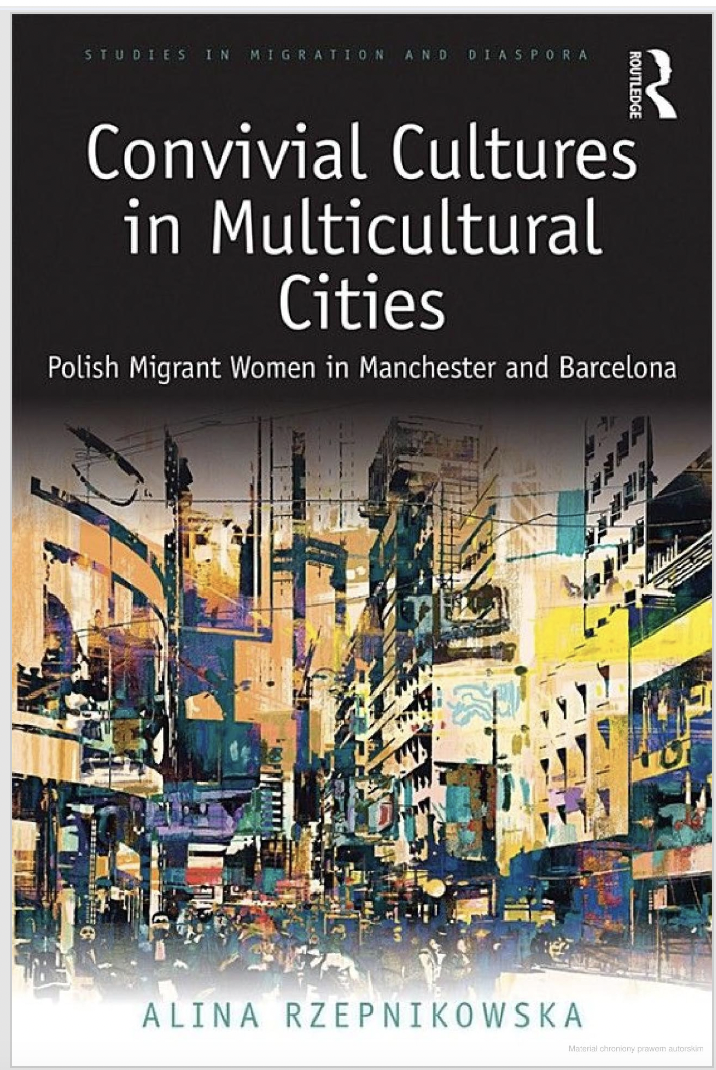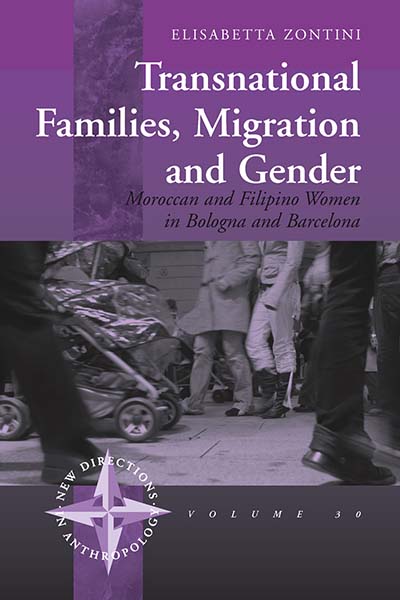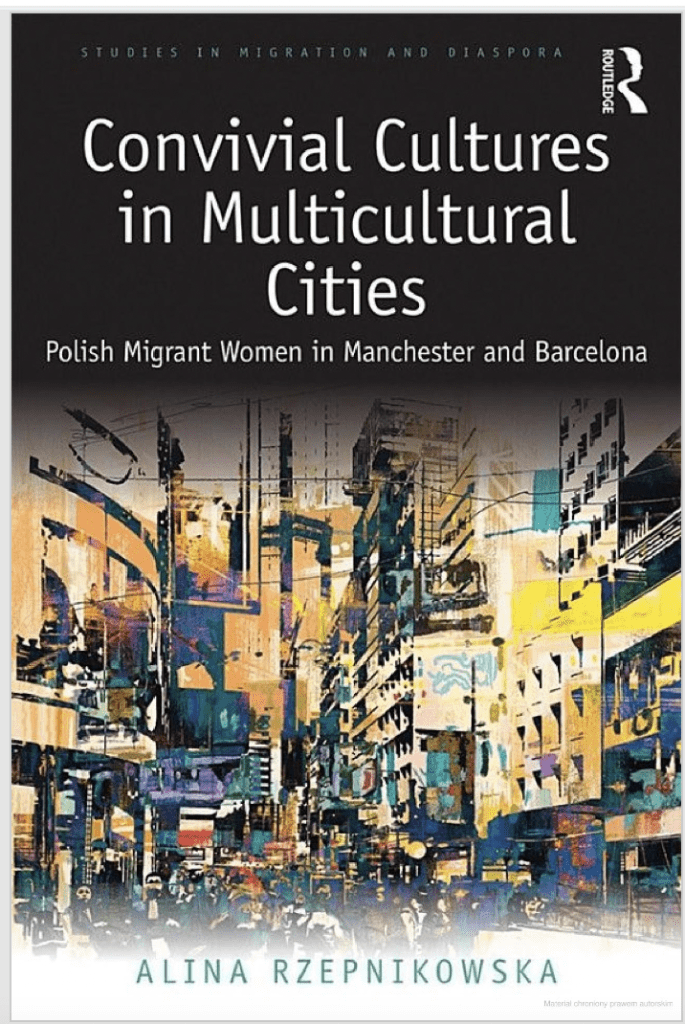

20 Mar ART 723-influence of emigration on nutritional changes
Emigration in Europe after 2004 resulted in a huge clash of cultures, religions, and lifestyles, which had a powerful impact on the changes in eating habits of both the emigrants themselves and the people living in the host countries.
Residents of different countries bring their culinary traditions with them, introducing new flavors and habits to the communities where they settle. As a consequence, European societies are beginning to experience changes in their eating habits that can affect health, intercultural relations, and the way food is perceived.
One of the important aspects of the impact of emigration on dietary changes is the differences in eating times. Mediterranean countries such as Spain, Italy, and Greece are known for their late lunches and dinners, which are eaten much later than in other European countries. Migrants from these countries may initially experience difficulties adapting to the new rhythms of the day in their destination countries, which may lead to changes in their daily eating habits. In turn, residents of host countries may start experimenting with later meal times, which may affect their health and well-being
Intermarriage is another factor influencing dietary changes. When two different cultural backgrounds come together in one relationship, there is a requirement for adaptation and compromise, especially in matters of nutrition. This often means trying new foods, preparing meals that combine elements from both cuisines and finding a balance between different values and beliefs about food. In mixed marriages, there may be a clash of religions, which often carry their dietary commands and prohibitions, which may lead to further changes in eating habits.
Emigration in Europe affects nutritional changes both among migrants and residents of the host countries. Differences in eating times, related to the traditions of Mediterranean countries, and mixed marriages contribute to the clash of cultures, religions, and lifestyles. As a result, European societies are beginning to experience changes in their eating habits that can affect health, cross-cultural relationships, and perceptions of food. The development of multicultural communities contributes to the enrichment of the culinary landscape of Europe, and at the same time poses challenges related to the integration of different traditions and beliefs in the field of nutrition.






Sorry, the comment form is closed at this time.